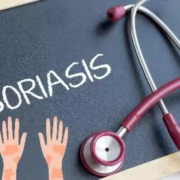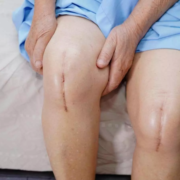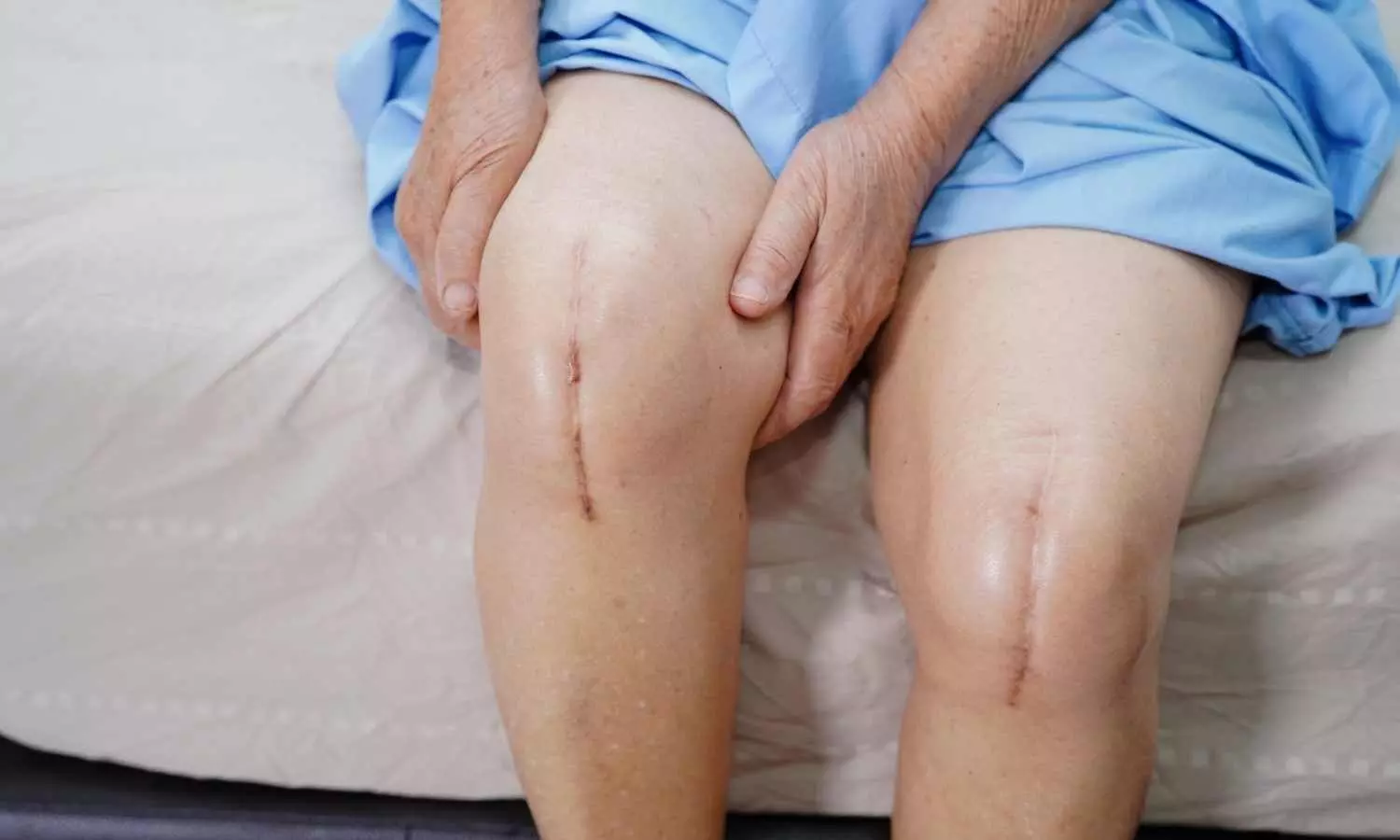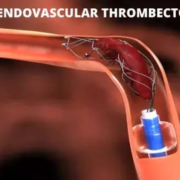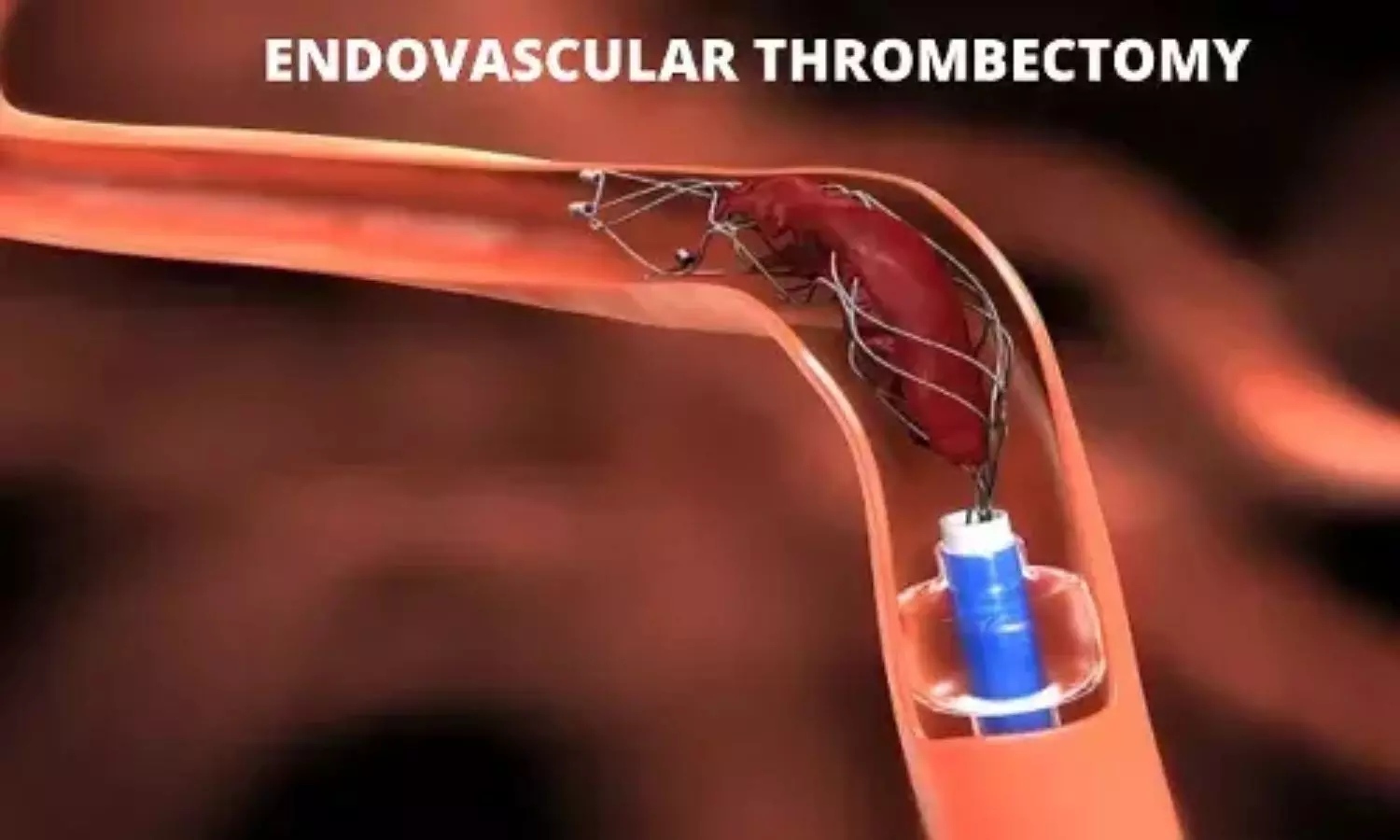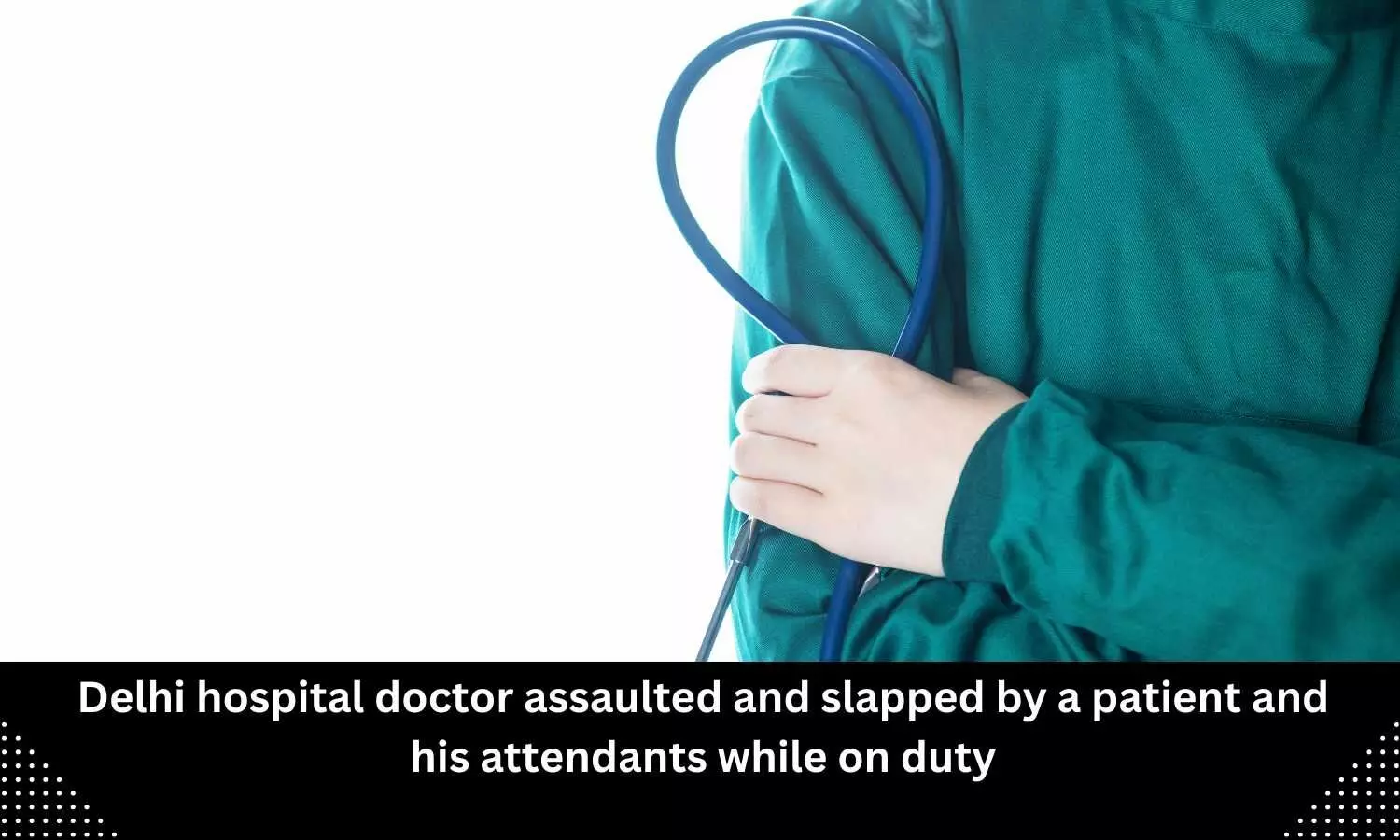FDA approves apremilast for severe plaque psoriasis among children
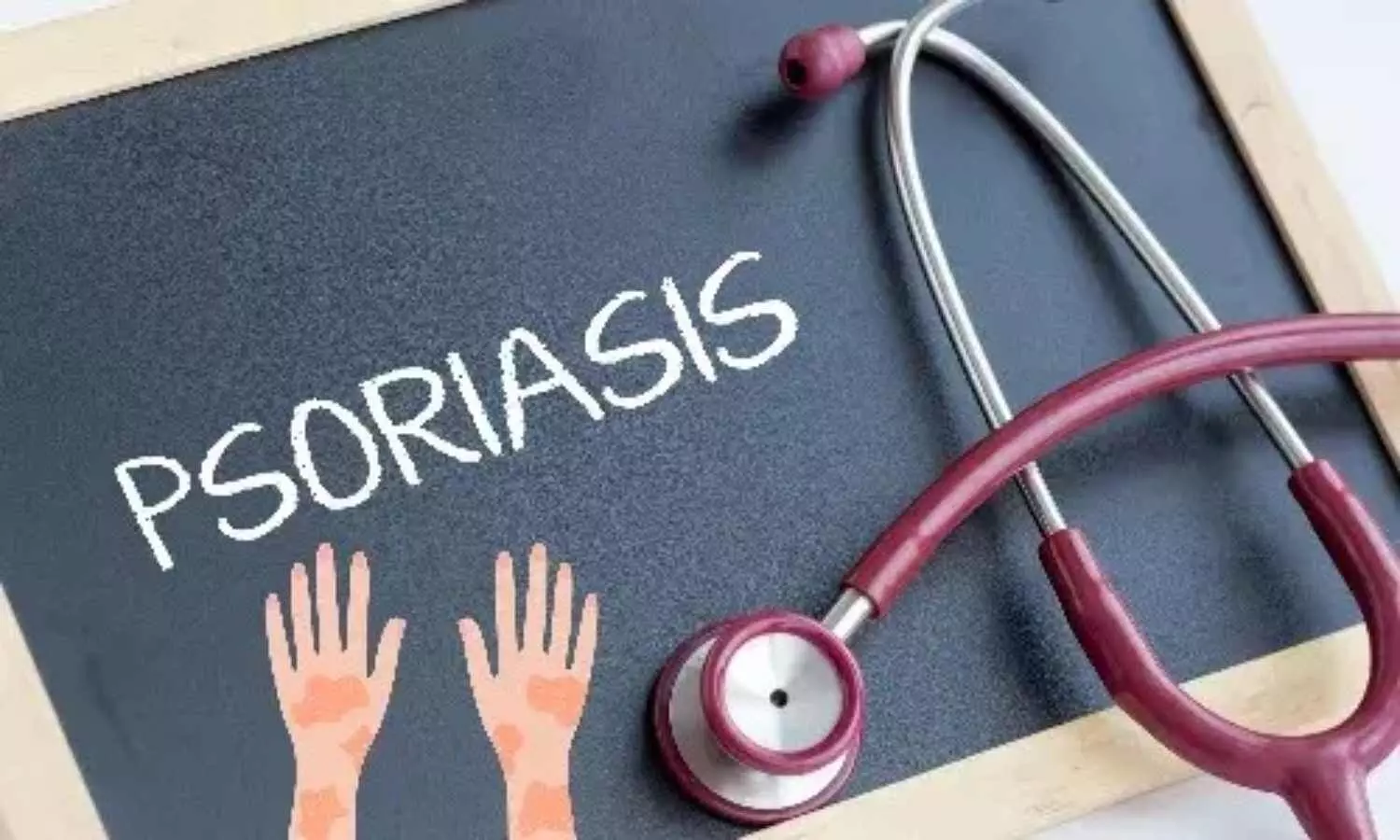
The Food and Drug Administration (FDA) has expanded the approval of apremilast and included treatment of children 6 years of age and older weighing at least 20kg with moderate to severe plaque psoriasis who are candidates for phototherapy or systemic therapy.
There are currently no other FDA-approved oral medications for moderate to severe plaque psoriasis in this patient population.
“For the first time, children and adolescents with moderate to severe plaque psoriasis and their caregivers have an oral option to treat this chronic disease, with its highly visible, uncomfortable symptoms,” said Murdo Gordon, executive vice president of Global Commercial Operations at Amgen. “In the last decade, Otezla has been prescribed to over one million adults worldwide, and today’s announcement represents the potential for Otezla to offer relief to many younger patients.”
“Children living with moderate to severe plaque psoriasis often experience uncomfortable and highly visible symptoms, such as itchy, dry lesions that may bleed or cause pain. However, treatment options for this chronic immune-mediated disease are limited,” said Leah M. Howard, JD, president and CEO of the National Psoriasis Foundation. “Until now, FDA-approved systemic treatment options for youth have been injections or infusions. The addition of an oral treatment option with a well-established safety profile is great news for children with this disease and their families.”
The FDA approval was based on results from SPROUT, a Phase 3, multicenter, randomized, placebo-controlled, double-blind study which investigated the efficacy and safety of Otezla in pediatric patients aged 6 to 17 years with moderate to severe plaque psoriasis inadequately controlled by or intolerant to topical therapy. The primary endpoint – static Physician’s Global Assessment (sPGA) response (defined as an sPGA score of clear or almost clear with at least a 2-point reduction from baseline) – at week 16 was met with a 33.1% sPGA response for Otezla versus 10.8% for placebo (95% CI: 12.2%, 32.4%; P<0.0001). The adverse events were consistent with the known safety profile of Otezla in adult patients.
The most common side effects of Otezla include diarrhea, nausea, upper respiratory tract infection, tension headache and headache.
After the initial titration period, the maintenance dosage of Otezla in this patient group will be administered in either 20 or 30 mg doses, based on weight, twice daily. The recommended dose is 20 mg twice daily for pediatric patients weighing 20 kg to <50 kg, and 30 mg twice daily for those who weigh at least 50 kg.
Amgen is committed to supporting plaque psoriasis patients to ensure that appropriate patients have affordable access to Otezla.
About Psoriasis
Psoriasis is a chronic disease where skin cells build up quickly, typically causing red or discolored, scaly, and itchy patches on the skin. Approximately 125 million people worldwide have psoriasis, including around 14 million people in Europe and more than 8 million people in the United States. About 80% of those patients have plaque psoriasis. Among pediatric patients with plaque psoriasis, one in five have moderate to severe disease. Approximately one-third of those who get psoriasis are under 18 years old when the disease first surfaces.
About Otezla® (apremilast)
Otezla® (apremilast) is an oral small-molecule inhibitor of phosphodiesterase 4 (PDE4) specific for cyclic adenosine monophosphate (cAMP). PDE4 inhibition results in increased intracellular cAMP levels, which is thought to indirectly modulate the production of inflammatory mediators. The specific mechanism(s) by which Otezla exerts its therapeutic action in patients is not well defined.
Since its initial FDA approval in 2014, Otezla has been prescribed to more than 1 million patients worldwide.
Powered by WPeMatico

